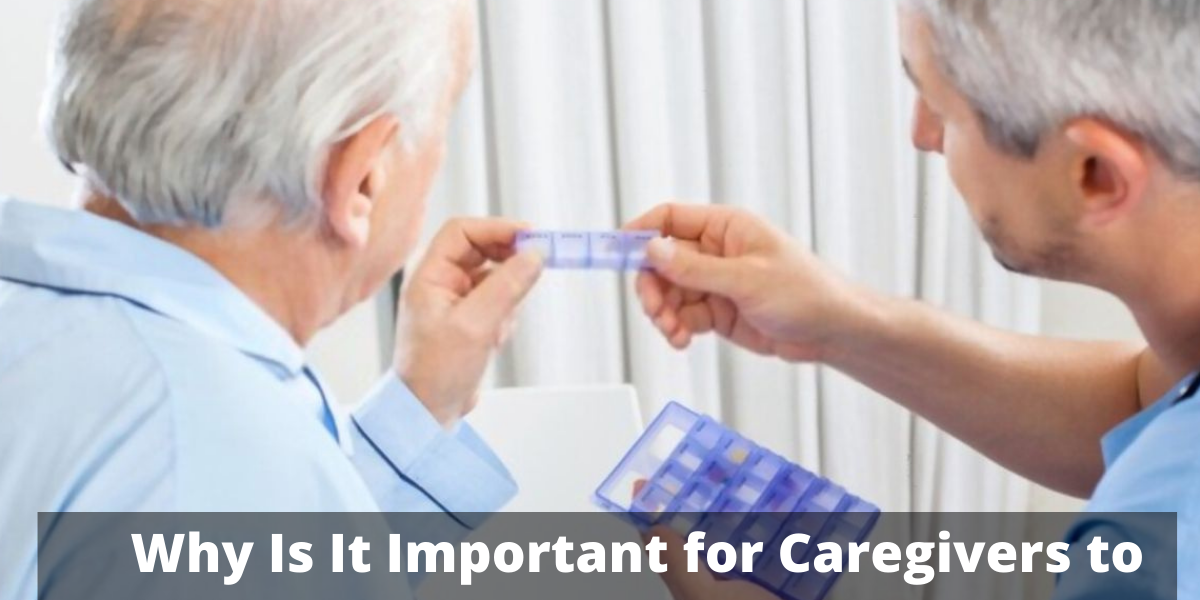Medications can be complicated, and residents may not always understand why they are taking them or how they work. Though GPs explain the medications, residents may forget about them. The duty of explaining the medication falls on the shoulders of caregivers. Here are some reasons why it is important for caregivers to explain medications to residents:
1. It’s important for residents to take a proactive approach:
When residents do not have adequate knowledge about their medication, there can be negative consequences:
- Most residents follow the medication instructions blindly even if they are experiencing negative symptoms.
- Many residents do not read the printed material on the medication. For instance, combining certain dietary supplements and medications can lead to double doses.
- Residents may not know if the prescribed medication can cause side effects.
- Most of the residents do not know how taking their medication can boost their health.
- Many residents may not complete the course of medication if they do not see any immediate improvement in their health.
2. Gives them a sense of control
Residents should be aware of the common side effects that are associated with their medication. They have to know what to do and what not to do if they experience any side effects, including taking other medications or stopping the prescribed medication. Also, residents have to be aware of the benefits of the medications they are taking as they can make informed decisions on their well-being. If they stop taking their medications suddenly, they might experience severe reactions.
3. They are aware of the warnings:
Certain medications come with warnings that they can cause harm when taken with alcohol or some medications cause reactions that may make it unsafe for residents to drive. Explaining medication and associated warnings to residents can help them take the medication in a safe and effective manner.
Note: Caregivers must encourage residents to ask questions so that no doubt of theirs remains unresolved. When explaining the medications, encourage the residents to ask questions about the medications and express their concerns about side effects. As a caregiver, work with the residents to create an environment that makes them more willing to open up.
4. Reduces medication errors:
Another benefit of explaining medications to residents is that it reduces medication errors. Residents can also cross-check the medicine name, dose, and route before the caregiver administers the medicine. In addition to educating residents, care homes in the UK are automating many administrative tasks involved in medication administration.
Many care homes in the UK are embracing electronic MAR and other technological advancements to reduce medication errors. Electronic MAR charts ensure that caregivers have access to residents’ information on prescribed medication. With the help of eMAR charts, caregivers can double-check the resident’s information and compare the name of the medication label with electronic MAR with just a few clicks. To know more about the benefits of eMAR in a care home, check this read.







